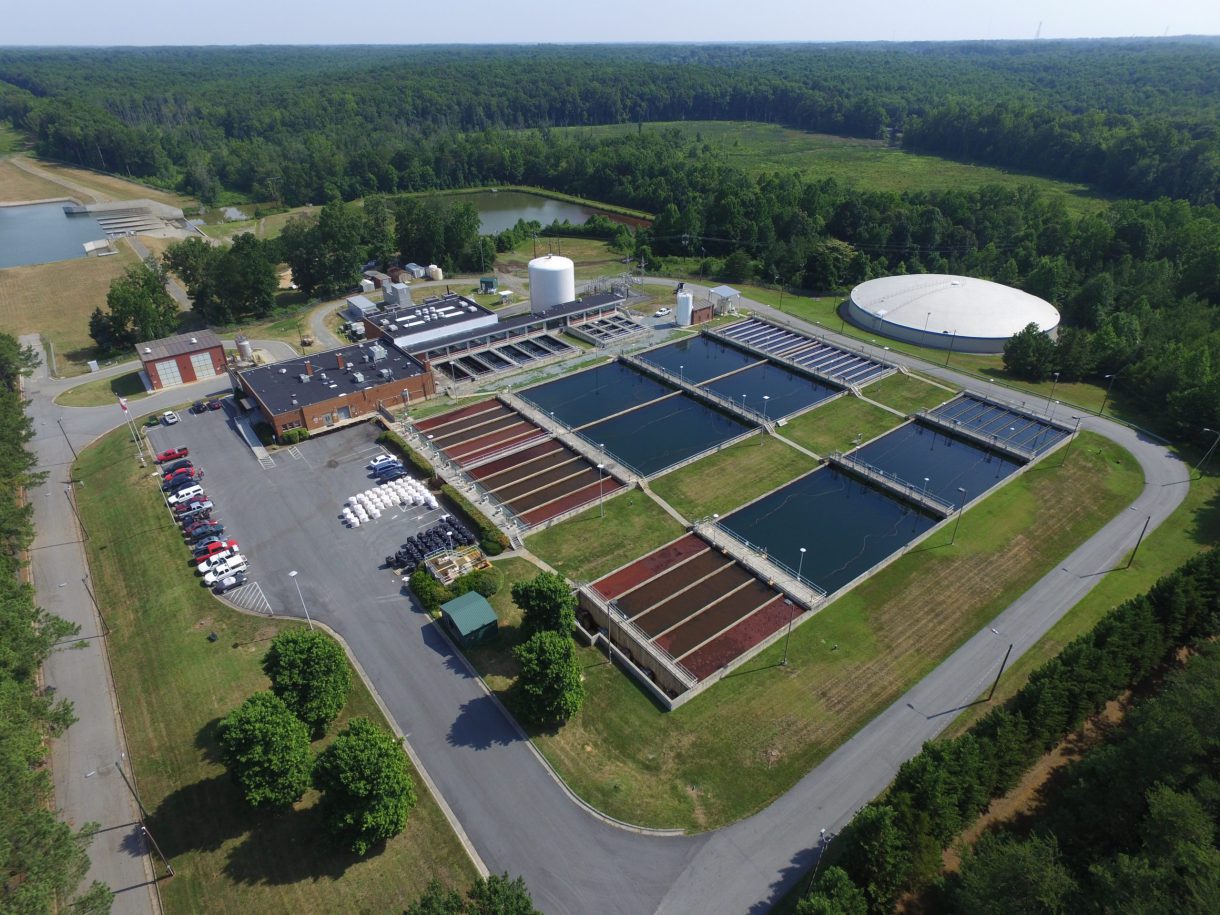
As essential workers and first responders, public works professionals face a variety of health and safety risks. Heavy equipment, confined spaces, and human and environmental waste are just a few of the everyday risks to public works professionals. For our public works professionals to safeguard the public, they rely on strategies to avoid, reduce, and address daily risks.
One area that is gaining increasing attention is sanitation. “Sanitation” may bring to mind garbage collectors and solid waste disposal crews, and with good reasonthese frontline workers have to be constantly on guard against the dangers of working with household and commercial waste.
But equally important are the less visible sanitation workers, in particular water and wastewater treatment plant operators. These highly skilled and certified professionals are critical to delivering clean drinking water and removing wastewater from our homes and businesses.
In their line of work, treatment plant operators face significant health risks: a single milliliter of sewage can hold not one but several viruses, as well as bacteria, protozoa, and other pathogens. Treatment plants can handle anywhere from tens of thousands to millions of gallons of water per day. Additionally, treatment plants can have chemicals on site that must be handled with care.
Further, what happens when a pandemic such as COVID-19 strikes? Some utilities currently have treatment plant operators living on site for days while being supervised remotely. Combined with plant safeguards, the knowledge that these operators bring to day-to-day duties makes them among our most essential workers.
We salute these workers for the job they do under the best of circumstances. In the current environment, treatment plant operators truly are heroes. As National Public Works Week winds down, let’s salute treatment plant operators and their contributions to our communities!
Have a question about public works? Click here for an article on finding the answers.
